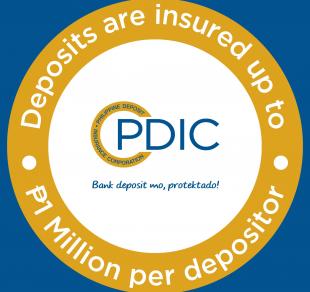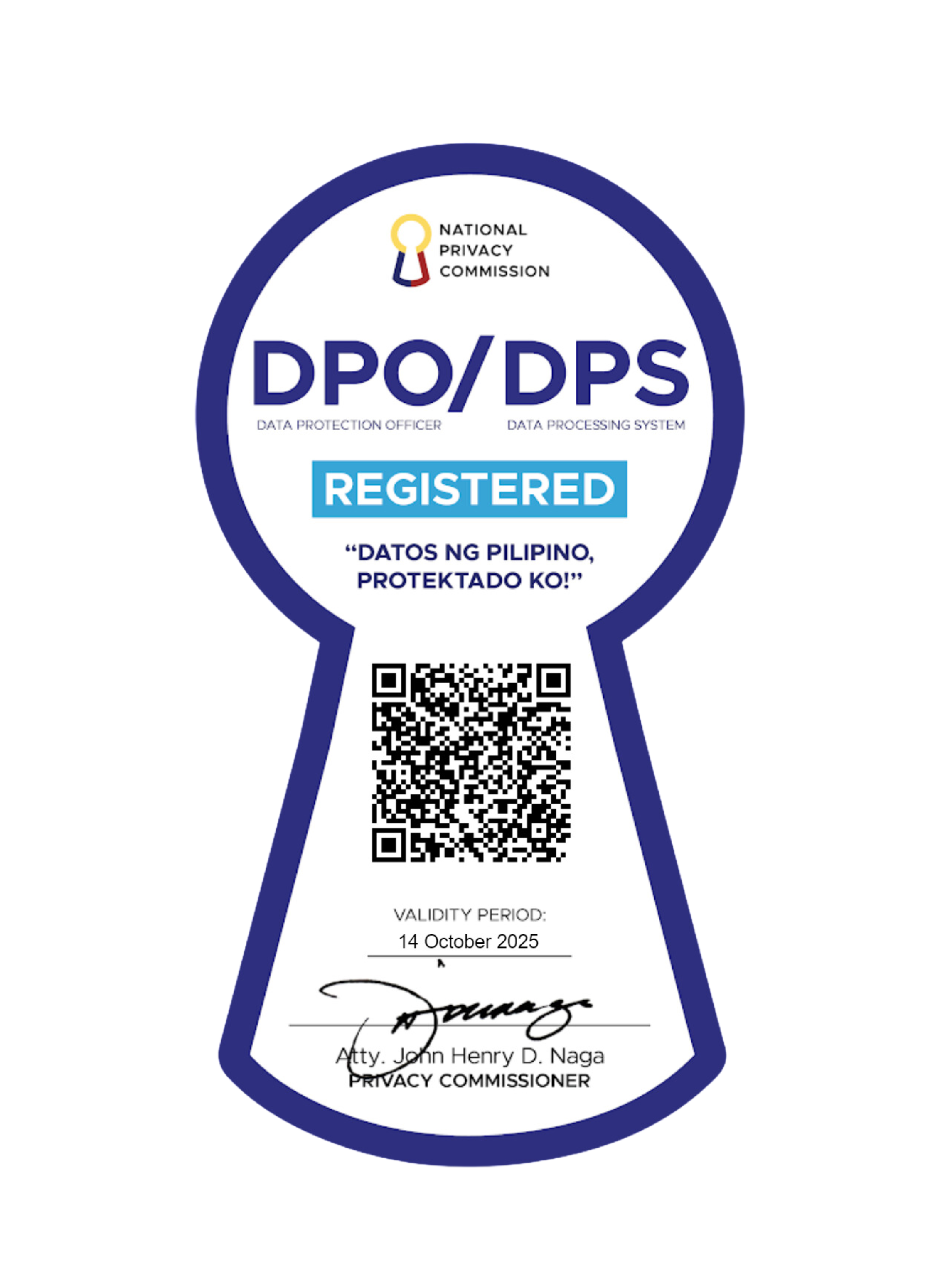
Good day! I am Phoebe. This is my second entry, and today, I would like to write about your retirement. I felt that I needed to share to you about retirement this early in my blog because many of us think of it too late. My advice to you is to plan your retirement early to make sure you will have a blissful one.
Plan your retirement
First step is to always plan. Estimate your life expectancy. Be realistic. What is the current state of your health? Let go of the thought that estimating the length of your life is morbid.
The next step is to determine your planned retirement age as well as the lifestyle you will be having. Would you like to retire at 50 or 65? Would you still work part time? Will you be sustaining the lifestyle you have right now? Will your kids take care of you?
You should also need to figure out how much you need to save. You can do this by knowing the benefits from pensions and annuities, and if you have other sources of income after retirement. Compare these against what you think of your lifestyle upon retirement.
Saving for retirement
At this, you should be able to understand concepts to help you achieve a blissful retirement such as compound interests. You should be able to calculate how much you need to save each month so you can create a saving plan. Once done, make sure you increase your savings and do not touch it until you retire.
Investing for retirement
Now that you have savings, make sure that you counteract retirement saving gaps also investing to make sure you will get more by the time you reach the retirement age you set. The secret to investing is time, the longer you invest, the greater the return will be. I recommend to even go high risk if you are younger. However, make sure that you understood the risks of investing by talking to a financial planner or investment planner immediately.
You need not to go too far. You can take advantage of employer plan, or even contribute to an individual retirement accounts. You can also use other investment tools like Unit Investment Trust Funds (UITs), where the bank pools the investments of different individuals into a consolidated fund, which professional fund managers invest in securities such as stocks and bonds. The beauty of investing in UITFs is that there is no need to put up a lot of principal, nor do you need to watch the markets all the time, but you still reap the rewards of high-grade investments.














